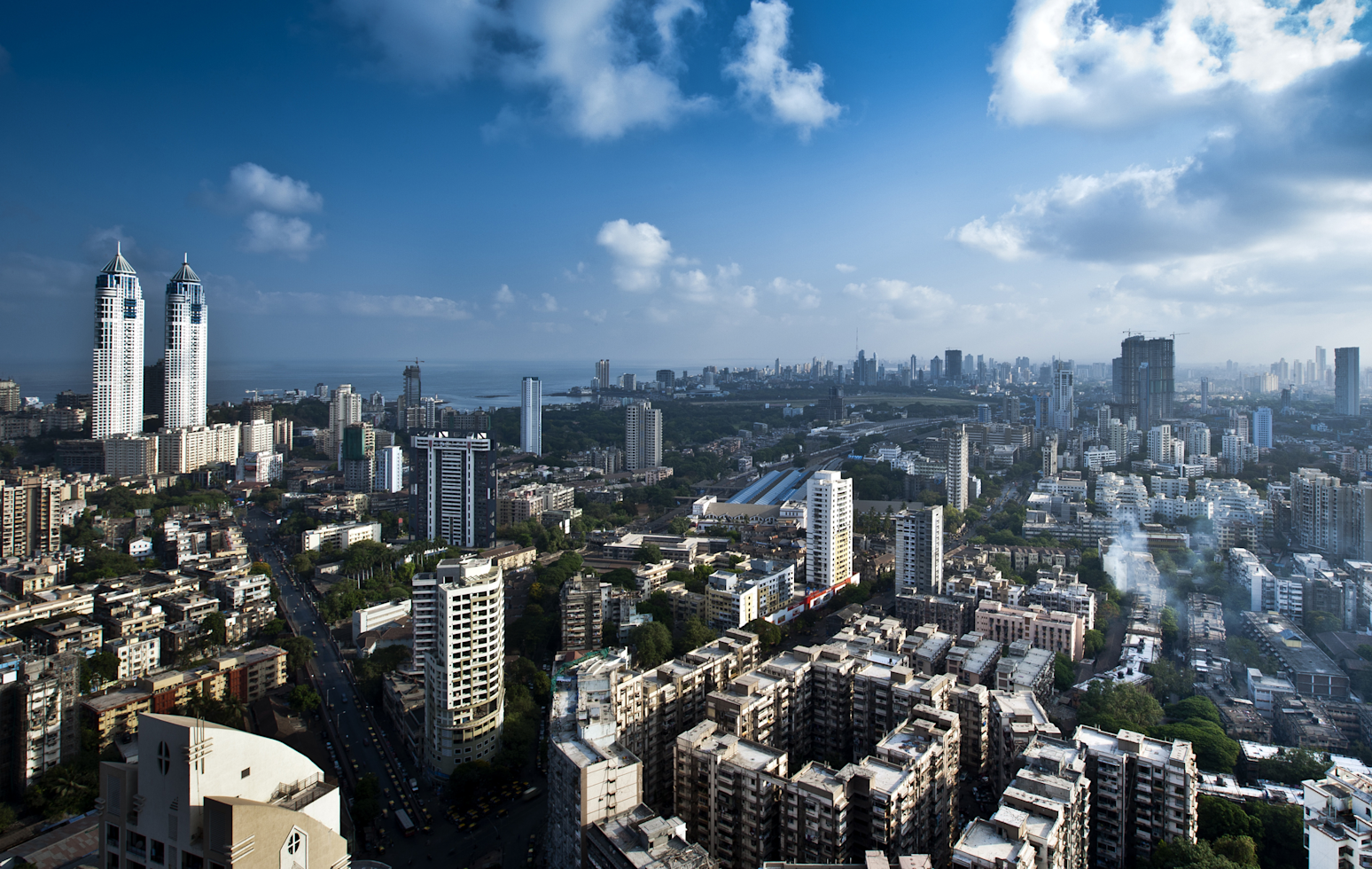ANALYSIS: India's economic growth outstrips peers but questions linger
19th September, 2024|Luke Jeffs

Speaking at the FOW Trading India 2024 conference on Thursday, a panel of Indian economists tracked the strong recent progress of the world’s fifth largest economy
India’s economic growth is the envy of its peers but questions are already being asked about how the world’s most populous country can maintain its recent trajectory, according to a panel of economists.
Speaking at the FOW Trading India 2024 conference on Thursday, a panel of Indian economists tracked the strong recent progress of the world’s fifth largest economy.
Divyaa Rohhan Bandiwadekar, cluster head, key accounts at JM Financial AMC Ltd, told the delegation in Mumbai: “Today’s India is a confident India. The old, self-doubting India has been left behind. India is on a strong and stable footing, demonstrating resilience in the face of geopolitical challenges. India has consolidated post-Covid recovery with fiscal and monetary policies to ensure economic and financial stability in our country.”
Rohann Bandiwadekar went on to add a note of caution however, saying: “Nonetheless, change is the only constant for a country like India with high aspirations to $7tn (£5.3tn) by 2030 and a developed nation by 2047.
“For the growth to sustain there is heavy lifting on the domestic front because it is extremely difficult to reach agreement on global issues like climate, trade and investments.”
On a positive note, she said India compares favourably to other economies of a similar size in terms of India’s higher GDP, higher foreign exchange reserves and the strong interest of foreign investors.
Rishi Kumar, senior vice president at Globe Capital Markets and the moderator of the panel discussion, took up the baton, telling the conference: “India has the fastest growing economy and the youngest and largest workforce, which is also expanding. Even after doubling our real economy in the last ten to twelve years including Covid, questions have been raised about the sustainability of that growth.”
Kumar added: “We have seen growth come down from 8% in 2012 to 2016 to about 6.5% and ratings upgrades are now minimal.”
For Tirthankar Patnaik, chief economist at National Stock Exchange of India, the outlook is also positive. He said growth and inflation numbers are under control for now, with inflation below the Reserve Bank of India’s (RBI) 4% target but inflationary forces still need to be managed.
Patnaik said: “India has been the world’s fastest growing economy, with 7% growth for the last three years now.”
He went on to reference Professor Barendra Kumar Bhoi, the RBI chair professor at the Utkal University, who gave the keynote speech at the conference on Thursday.
Patnaik said: “To quote Dr Bhoi: “In the 21st century, double digit growth is very difficult whereas India’s potential growth is about 7% but if India can do a little bit more on capital formation, India can deliver 7-8% growth".”
The economist said India has the youngest population of any of the large economies, with a $5tn dollar GDP which per capita is less than $3,000 per head.
“For large economies, the emphasis is on supplementary spending not complementary spending. In India, where will that investment happen? Energy transition, transport and infrastructure, and consumption by the middle class.
“For the first time since independence, the average Indian is now spending less than 50% of their income on food. When the spend on food, shelter and clothing goes below 50%, the discretionary spend increases. This is the growth story for India.”
Kumar went on to ask Patnaik about the flow of foreign direct investment (FDI) into India. He responded: “FDI over the last few years has gone down not just in India but in other countries. In fact we’ve seen a significant drop in the last two years from about $21bn to just doubt digits now.
“The reason for that has been the sharp increase in costs for firms globally. Even the UK is seeing FDIs at decade-low levels at this point. Global capital flow, particularly in long-term capital, has definitely slowed down in the last few years thanks to the rate hike cycle in the aftermath of the pandemic.”
But, again, Patnaik was bullish, concluding: “My sense is that as the global rate easing cycle begins, FDIs will start seeing higher returns on capital everywhere.”
Saurabh Saraswat, visiting professor of finance at Indian Institute of Management, said: “People have lost a lot of money, of that there is no doubt. Lots of people losing small amounts eventually ends up being a big amount.”
Saraswat referenced media reports that non-Indian market-makers have tried to make money from Indian retail investors, adding: “To that extent, I think it’s a welcome move by SEBI, to make it slightly more structured and regulated so it doesn’t appear like a casino or a gambling shop.”


